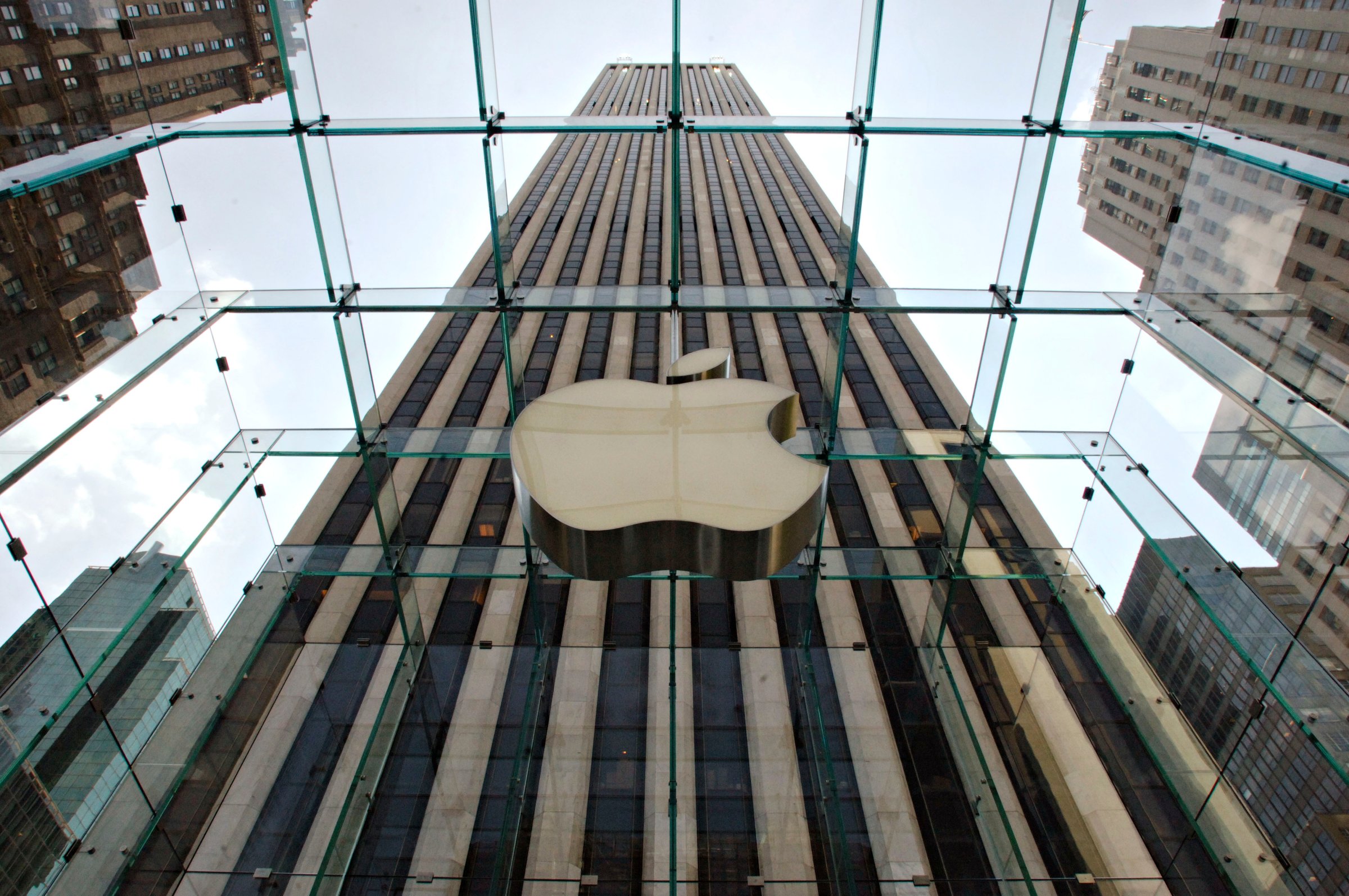
Defying the expectations and desires of some—who thought it might be time to move on—Apple will ask the U.S. Supreme Court to overturn a federal judge’s finding that it conspired to fix the prices of ebooks when it launched its original iPad and iBook store in January 2010.
Apple’s intent to seek the High Court’s review is revealed in a Supreme Court docket entry indicating that a motion was filed Wednesday seeking a 30-day extension of time—until October 28—for filing a petition for certiorari. A cert petition is the formal submission that initiates that process of seeking Supreme Court review. (The Apple attorney on the submission is former Solicitor General Seth Waxman of WilmerHale, according to the docket entry.)
In July 2013, U.S. District Judge Denise Cote found Apple liable after a bench trial (that is, sitting without a jury). Judge Cote’s ruling against Apple was upheld this past June, 2-1, by a panel of the U.S. Court of Appeals for the Second Circuit.
At the time of the appellate loss, Apple’s press statement hinted that it might take this step: “While we want to put this behind us,” the company asserted at the time, “the case is about principles and values. We know we did nothing wrong back in 2010 and are assessing next steps.”
The financial stakes for Apple at this point are fairly modest for a company of its size. Under a contingent settlement previously worked out with private class action lawyers and state attorneys general, if the Supreme Court either denies review or upholds the judgment after hearing it, Apple will pay $450 million to resolve its antitrust liabilities.
The case arose from the way Apple entered the market for ebooks on a very compressed schedule between November 2009 and January 2010, just before then CEO Steve Jobs launched the original iPad, which included an iBooks store. (For more detail, I wrote a feature story about the case here.)
This post will be updated as soon as Fortune gains access to the application itself.
More Must-Reads from TIME
- How Donald Trump Won
- The Best Inventions of 2024
- Why Sleep Is the Key to Living Longer
- Robert Zemeckis Just Wants to Move You
- How to Break 8 Toxic Communication Habits
- Nicola Coughlan Bet on Herself—And Won
- Why Vinegar Is So Good for You
- Meet TIME's Newest Class of Next Generation Leaders
Contact us at letters@time.com